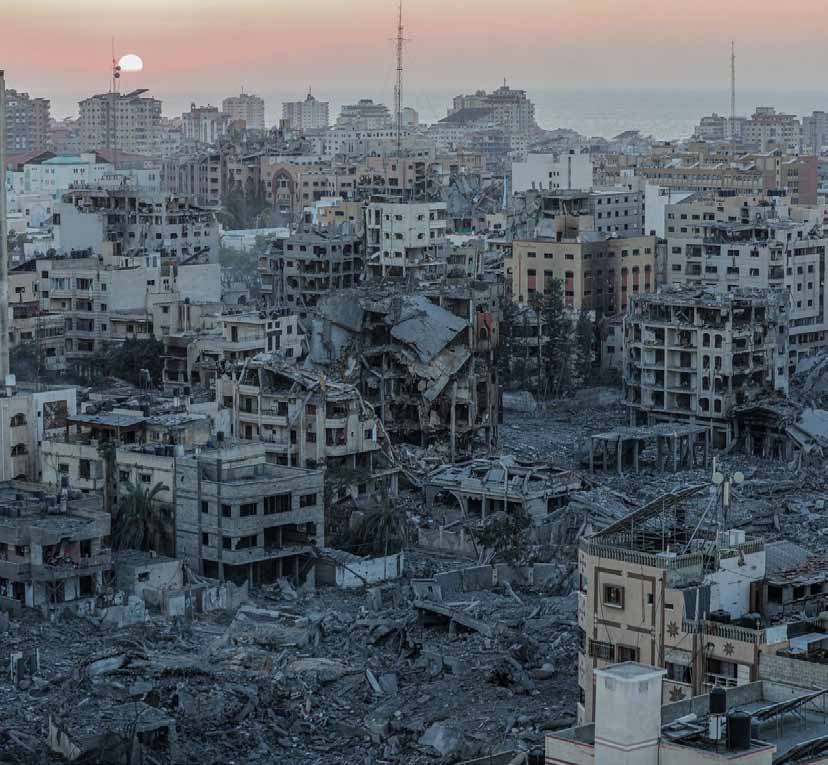On January 26, in a noteworthy session at The Hague, the International Court of Justice (ICJ) promulgated six urgent directives targeting Israel amidst its continued conflict with Hamas in Gaza. This significant ruling was handed down as the ICJ began to deliberate on the serious allegations of genocide made by South Africa against Israel. This matter has attracted extensive global attention. Notably, the ICJ’s ruling did not extend to commanding a cessation of military activities or curtailing any further military escalation. Furthermore, the ICJ stopped short of prescribing actions against individuals accused of genocide. This aspect of the ruling brings into sharp relief the constraints of the ICJ’s powers, underscoring the court’s limited authority in enforcing such directives.

South Africa, in its 84-page lawsuit filed last December, accused Israel of violating the 1948 Genocide Convention during the war on Gaza, which began on October 7, 2023. The allegations, which Israel firmly rejects, citing self-defence measures against Hamas, have led to this unprecedented legal scrutiny.
The ICJ’s ruling, a concise 45-minute judgment, confirmed its jurisdiction over the case. Among the measures ordered, Israel is mandated to prevent acts outlined in Article 2 of the 1948 Genocide Convention. This includes abstaining from acts that could result in killing or causing harm to Palestinians, ensuring the delivery of essential services and humanitarian aid to Gaza, and preventing the destruction of evidence of war crimes.
Notably, the court did not address all of South Africa’s requests, such as suspending military operations or preventing any escalation of military activities. This selective adherence to the requested measures has raised questions about the extent and impact of the ICJ’s provisional orders.
The binding nature of the ICJ’s interim ruling, while legally obligatory for UN member states, poses a challenge in terms of enforcement. The ICJ lacks direct enforcement mechanisms, placing the onus on international cooperation and potential intervention by the UN Security Council (UNSC). The role of the US, a close ally of Israel, becomes pivotal here, especially given its history of vetoing resolutions against Israel.
Looking ahead, Israel is required to submit a report by February 26 detailing its compliance with the ICJ’s orders, followed by a response from South Africa. This process sets the stage for further assessments and deliberations, potentially leading to additional measures or rulings.
Amid these developments, the situation in Gaza remains tense, with humanitarian concerns escalating under the shadow of continued hostilities. The ICJ’s focus on punitive measures for incitement to genocide and its special reference to comments by Israeli officials indicate a rigorous approach to the allegations.


